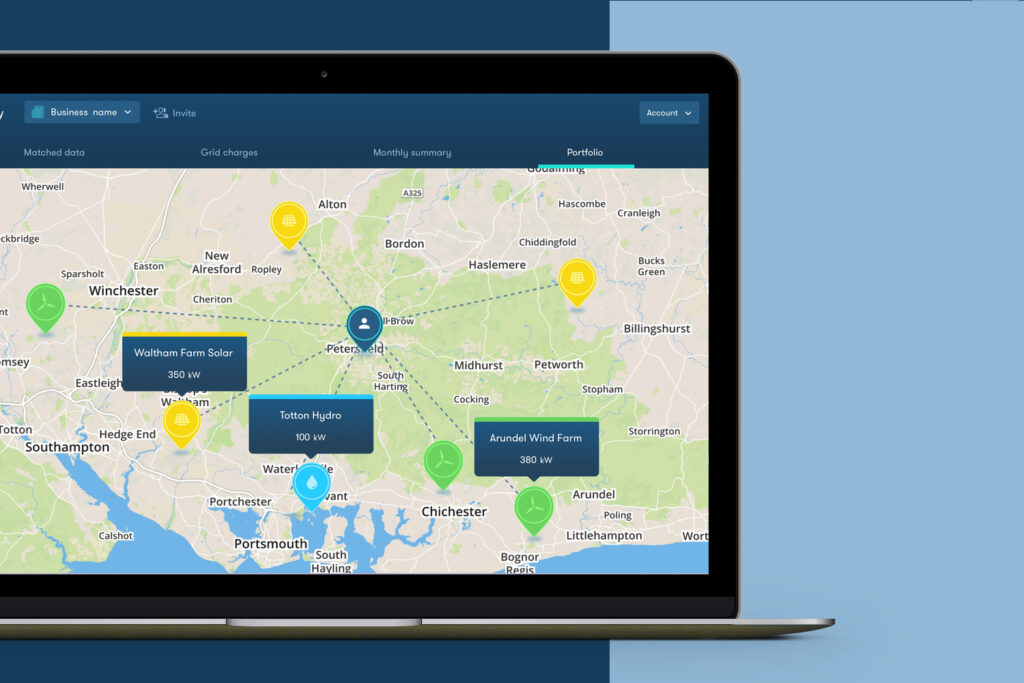Green energy supplier Good Energy has formally launched Selectricity, the peer-to-peer renewable energy trading platform that trialled under the name Piclo.
The service, launched for business customers today, promises to match businesses with local generators of renewable energy, allowing them to pick and choose where their energy is sourced.
Good Energy claims this to be the first time such a service is commercially available and follows a successful trial period of Piclo, the product’s precursor which was launched alongside Open Utility with funding from the now defunct Department of Energy and Climate Change.
Customers who sign up to the service are given access to an online portal where they can set preferences and priorities for their energy supply at certain points throughout the day. If a generator is available, the two parties are matched and payments the business will effectively pay that generator for the electricity it consumes.
Businesses can set various preferences depending on technology, location and the generator’s profile.
Good Energy and Open Utility manage the system and set the pricing structure. Good Energy also supply any shortfall at the same price available via the Selectricity service.
David Brooks, managing director at Good Energy, said the new service put consumers “at the heart of the market” and had the potential to “unlock the potential of renewables with decentralised, local energy”.
“The platform will allow companies all across the country to develop an energy mix which perfectly suits their business and brings to life their commitment to renewable energy”.
Good Energy originally trialled the service late last year and in May reported initial results from the pilot, claiming it had the potential to “bring renewable tariffs to life”.
A month later the company confirmed that it was exploring “wider commercial opportunities” of the platform alongside Open Utility, before then confirming it had signed a multi-year agreement with the technology provider to formally launch the service later this year.
At an event hosted to launch the service earlier today (16 November), Brooks added that throughout the service’s initial run Good Energy had seen plenty of activity and interest, with businesses selecting different energy sources for a variety of reasons.
Eden Project, one of the participating businesses in the trial, opted to select as much energy as possible from community-owned assets to ensure they were supported, while various ethical food companies elected to source their energy from generators owned by farmers.
“Selectricity is a great advance towards the smart grid: being able to match our electricity needs to a particular local supplier gives us transparency and takes the strain off the wider network. We are delighted to be part of such an important new offering,” Augusta Grand, head of policy at the Eden Project, said.
An interview with David Brooks discussing Selectricity and Good Energy’s plans for it will be published on Clean Energy News tomorrow.






